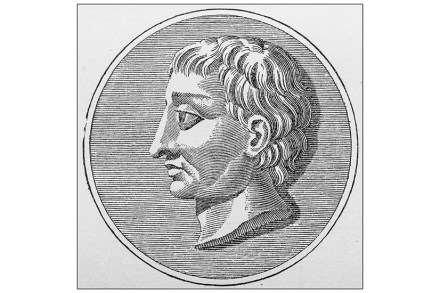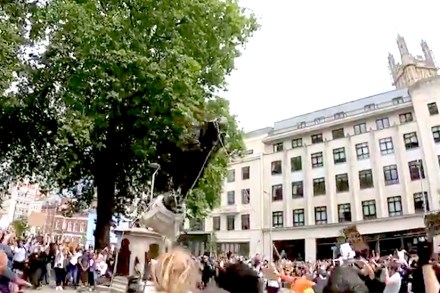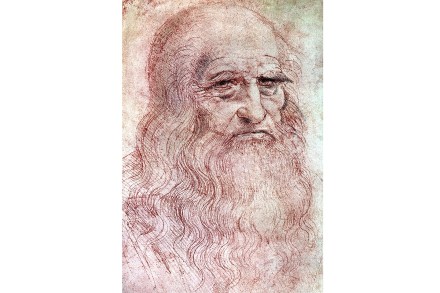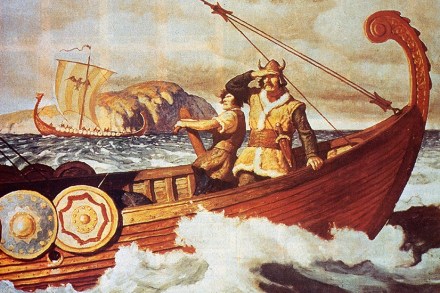Tiberius and the ‘phantoms of liberty’
Word has it that ministers already do not bother to argue their corner with the government’s inner ring, while a slimmer, streamlined cabinet office threatens to disempower them still further. Ministers could soon resemble senators under Rome’s second emperor Tiberius (ad 14-37). The historian Tacitus painted an extraordinary picture of Tiberius’s early days in office. The fact was that his stepfather Augustus had exercised autocratic power after he ‘restored’ the republic that had collapsed in 31 bc. The question for senators, therefore, was what change to expect under the new man in power. Their experience suggested precious little. They already knew Tiberius as a cryptic, devious and heartless character, whose









